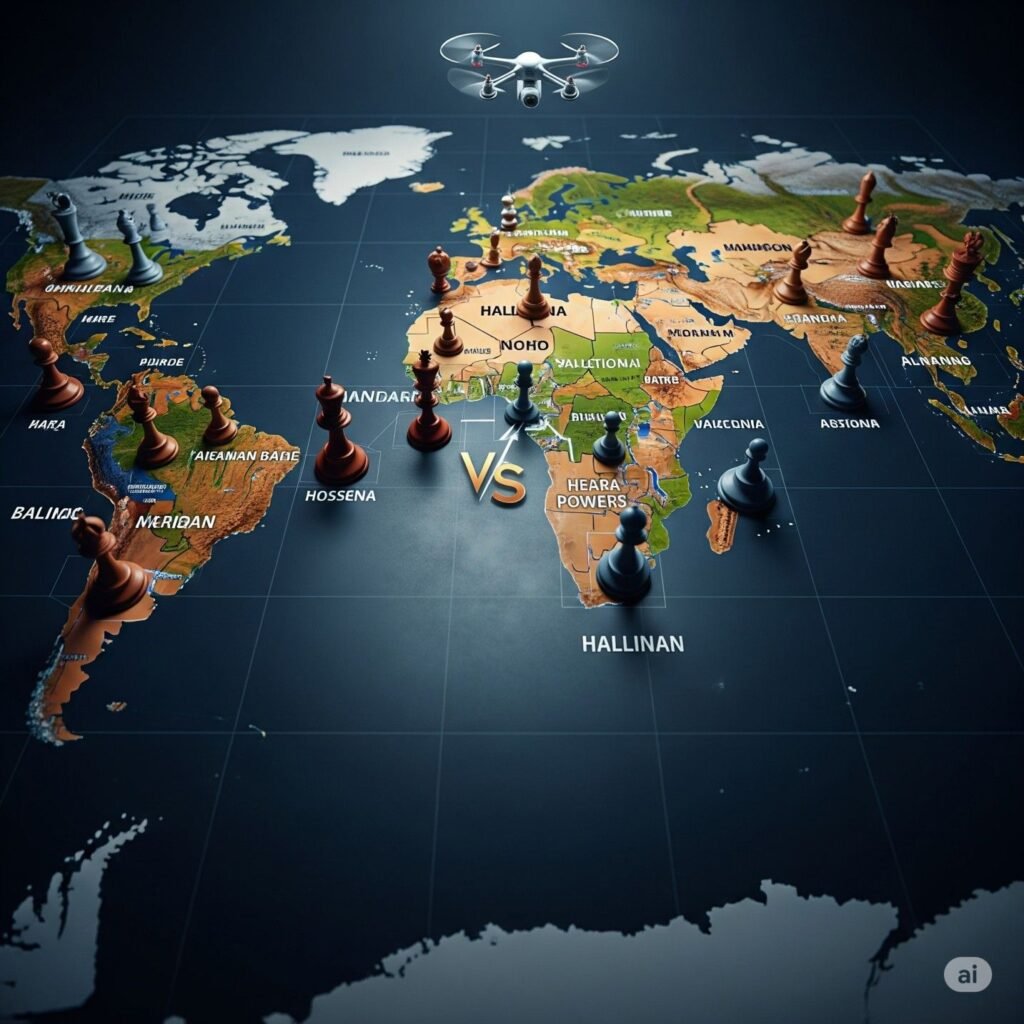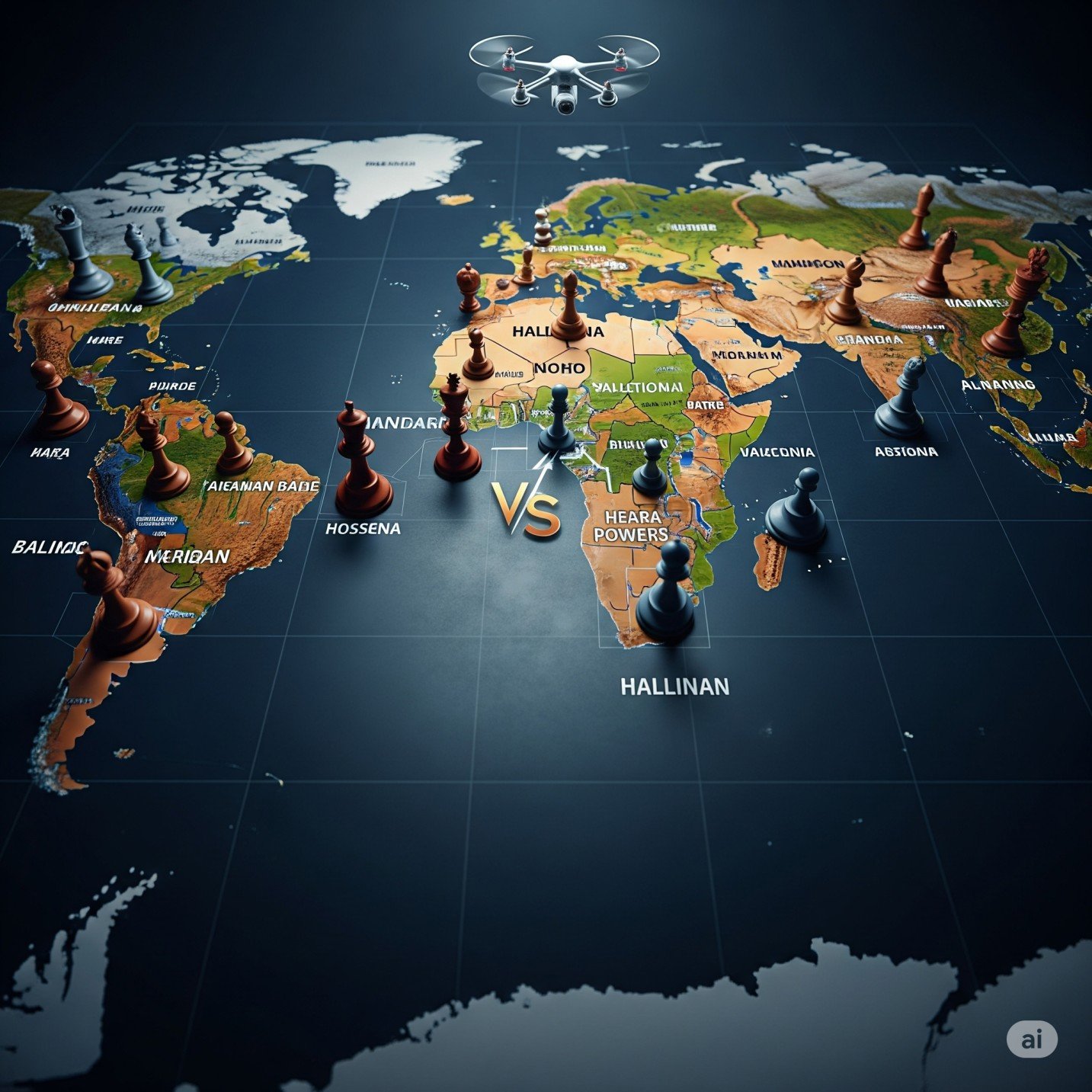
Israel-Iran War
Israel-Iran War. World on Edge: Israel-Iran Conflict Escalates to Direct Hostilities
The long-standing tensions between Israel and Iran have regrettably erupted into a full-scale direct confrontation, marking a deeply concerning shift in regional dynamics. As of Wednesday, June 18, 2025, the situation remains highly volatile with significant developments unfolding.
Intensified Strikes and Mounting Casualties
Israel has launched a series of extensive air and drone attacks across Iran. These strikes have reportedly targeted a range of sites, including what Israel asserts are nuclear and military installations such as missile production facilities, radar systems, and anti-aircraft missile launchers. Tragically, reports from Iranian health authorities indicate a substantial human cost, with at least 224 fatalities and over 1,200 injuries, a majority of whom are civilians caught in the crossfire. The Israeli Defense Forces (IDF) claim to have neutralized several senior Iranian military commanders and atomic scientists and assert “full air superiority over Tehran,” having reportedly destroyed a significant portion of Iran’s surface-to-surface missile capabilities.
In retaliation, Iran has launched multiple waves of missiles and drones, striking various Israeli cities and towns. These counter-attacks have, unfortunately, resulted in at least 24 deaths and 592 injuries in Israel, with a major oil refinery in Haifa among the reported targets. The IDF confirmed intercepting a large number of incoming Iranian uncrewed aerial vehicles (UAVs). Fresh ballistic missile launches from Iran were detected early today, June 18th, triggering Israeli air defense systems and warning sirens.
Key Allegations and Strategic Targets
While Israeli forces claim to have aimed at sites connected to Iran’s nuclear program, including the fortified Fordow facility, no official damage has been reported by the International Atomic Energy Agency (IAEA). The IAEA has strongly reiterated its stance that “nuclear facilities must never be attacked.”
Meanwhile, Iran has asserted successful strikes on Israeli intelligence buildings near Tel Aviv, with purported video evidence circulating, despite Israeli military censorship. Israel has also claimed a significant blow with the reported killing of Ali Shadmani, described as Iran’s wartime Chief of Staff and a close confidante of Supreme Leader Ali Khamenei, in an overnight strike. In a new dimension of the conflict, Iranian media has reported that Israel has initiated a “massive cyber war” against Iran’s digital infrastructure.
A World United in Concern, Divided on Approach
The international community is watching these developments with profound concern, urging de-escalation while grappling with varied perspectives.
- United States: US President Donald Trump has clarified that the US was not involved in the attack on Iran but has issued stern warnings to Tehran against targeting American interests. He has also notably advised residents of Tehran to “immediately evacuate.” President Trump has convened his security council to discuss the volatile situation, expressing a desire for a “real end” to the conflict, rather than just a temporary ceasefire. The US State Department has issued advisories against travel to Israel, Iraq, or Iran for its citizens.
- G7 and Diplomacy: The leaders of the G7 nations are reportedly struggling to find a unified approach, with President Trump’s position seemingly differing from broader calls for de-escalation. The recent cancellation of indirect talks between the US and Iran in Oman on June 15th highlights the current breakdown in diplomatic efforts.
- European Stance: European allies, while advocating for de-escalation, have also affirmed Israel’s right to self-defense and reiterated that Iran must not be permitted to acquire nuclear weapons. An emergency meeting of EU foreign ministers is set to address the escalating conflict.
- Russia and China: Both Russia and China have condemned Israel’s actions, citing them as violations of international law.
- Humanitarian Impact and Evacuations: The conflict has led to significant civilian displacement, with over 2,700 people reportedly evacuated from their homes in Israel. The rising civilian casualty figures in Iran underscore growing humanitarian concerns.
The situation remains incredibly fluid and unpredictable. As the world hopes for a rapid de-escalation, the current trajectory points to a challenging period ahead, with international efforts focused on containing what could become a wider regional conflict.










